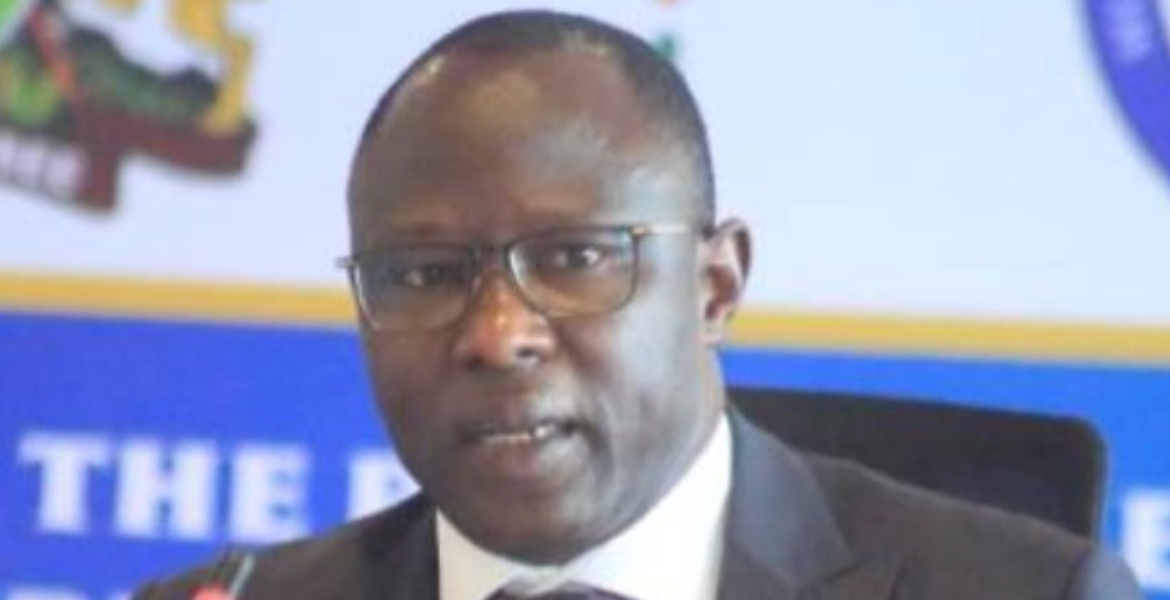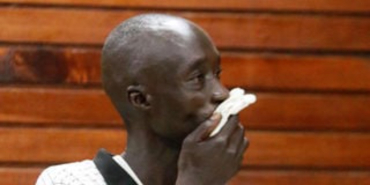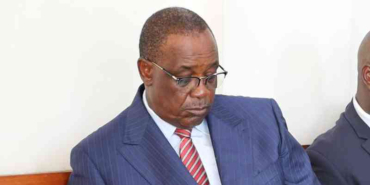Ruto Defies Court Order, Appoints New IEBC Commissioners

President William Ruto's recent appointment of new commissioners to the Independent Electoral and Boundaries Commission (IEBC), including Erastus Edung Ethekon as chairperson, has ignited a legal and political firestorm.
A Gazette Notice dated June 10 formally announced the appointments, swiftly drawing criticism for allegedly defying a High Court order that had temporarily blocked the swearing-in of new commissioners. The controversy stems from a petition filed by voters Kelvin Roy Omondi and Boniface Mwangi, challenging the selections on constitutional grounds, particularly regarding regional balance and nominee eligibility.
Justice Lawrence Mugambi issued conservatory orders halting the final appointments until the petition was resolved, emphasising the petitioners' strong case questioning the appointment criteria. The High Court ruling permitted the National Assembly to proceed with vetting the nominees, but explicitly prohibited the President from finalising the appointments until the petition's determination.
This decision aimed to prevent the legal challenge from becoming irrelevant should the nominees assume office prematurely. The petitioners' objections centre on the eligibility of four appointees, Ethekon, Hassan Noor Hassan, Mary Sorobit, and Anne Nderitu, citing prior roles and alleged political affiliations that they argue disqualify them. Critics also point to the lack of consultation with the opposition during the appointment process, which they claim undermines the legitimacy of the IEBC, a body central to ensuring free and fair elections.
Douglas & Associates Advocates, representing the petitioners, have formally condemned President Ruto's actions in a letter to Chief Justice Martha Koome, labelling the appointments a blatant disregard for the judiciary's authority. They have implored the courts to prevent the swearing-in of the commissioners until the legal dispute reaches a resolution. A three-judge bench, appointed by Chief Justice Koome, is now reviewing the case.
Former Attorney-General Justin Muturi has voiced strong criticism, characterising Ruto's decision as evidence of his disregard for the judiciary, which he believes the President sees as an impediment to governance rather than a vital institution for upholding democracy. Legal experts warn that the President's actions could escalate political tensions and create uncertainty surrounding the electoral process ahead of the 2027 General Election.
Lawyer Waikwa Wanyoike asserts that the President's defiance of the court order risks plunging Kenya into a constitutional crisis, potentially laying the groundwork for future election disputes or attempts to manipulate the electoral process. Wanyoike further warns that such actions erode public trust in democratic institutions and could lead to political instability.








Comments
Even Olage is confused on…
Permalink
Even Olage is confused on this one. The High Court order temporarily blocked the swearing-in of new commissioners. Swearing in is a function of the Judicially. No orders to Parliament, no orders to the Executive. The interesting part was how Justice Mugambi issued restraining orders to the Judicially.
Add new comment